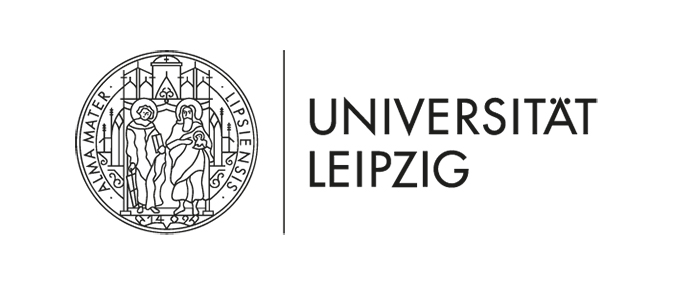|
14th Annual Symposium Physics of Cancer Leipzig, Germany Oct. 4 - 6, 2023 |
PoC - Physics of Cancer - Annual Symposium | |||||||||
|
|
Contributed Talk
Tangential diffusion and motility-induced uncaging in growing spheroidal cell colonies
Contact: | Website
Growth is a known driver of cellular dynamics in a range of dense aggregates from bacterial colonies to developing tissues to tumors. Hence, universal physical principles underlying these dynamics are of great interdisciplinary interest. Here, we study the emergent dynamics arising from the interplay of growth, steric repulsion and motility in a minimal agent-based model of exponentially growing three-dimensional spheroids. Our results show that, without cell motility, deterministic motion caused by overall volume expansion dominates the dynamics of individual cells in the radial direction, while growth and division lead to cellular-scale diffusive motion in the tangential direction, whose magnitude is largely independent of expansion velocity. Despite this small-scale diffusion, we show that cells are subject to lineage caging – a form of caging generalized to descendants of dividing particles – which quenches weak cell motility. At higher motility, we find a transient regime of tangential superdiffusivity, which is accompanied by uncaging and global mixing of cells. A quantitative analysis reveals a diverging mixing time scale at the transition, reminiscent of glassy dynamics. Our study highlights the complex interaction of local cell division and motility with global expansion, mediated exclusively by mechanics. The observations may serve as a baseline for the identification of phenomena caused by additional biological mechanisms in experiments on tissue spheroids, which have become a popular model system in biophysics and other fields. The mixing dynamics might also be relevant for competition or tumor progression.
|









